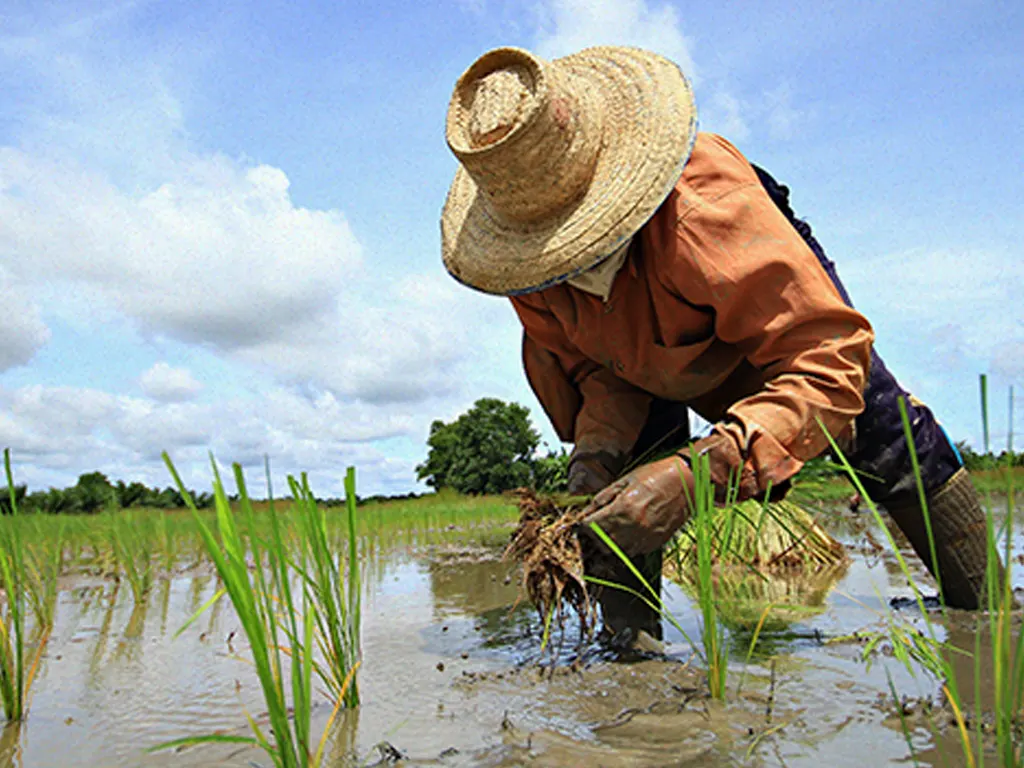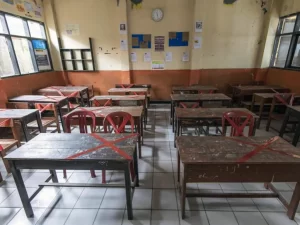
THE Philippines has secured a P8.7-million (USD 150 thousand) grant from the Adaptation Fund (AF) to develop a climate adaptation project that will strengthen the resilience of Mindanao’s farmers and safeguard the nation’s food security.
This is in line with President Ferdinand R. Marcos, Jr.’s commitment to deliver the Bagong Pilipinas through sustainable, inclusive, and climate-resilient development for all Filipinos.
The AF is a global climate fund that supports projects helping vulnerable countries adapt to the impacts of climate change in line with their priorities. The Philippines, through the DOF, sits on the AF Board as a representative of the Non-Annex I Parties, which comprise developing nations.
In its 45th Board Meeting held from October 6 to 10, 2025, in Bonn, Germany, the AF Board approved the PHP 8.7-million project grant for the Philippines to provide support for project formulation activities, including feasibility studies and consultations, among others.
A grant is a form of financial aid conferred by governments or development partners that is free of charge or does not require repayment.
The grant will be instrumental for the development of the USD 10-million (PHP 581 million) initiative titled Agricultural Interventions for Development: Harnessing and Enhancing Adaptation and Resilience Tools and Strategies for the Philippine Fruit and Vegetable Industry project, whose concept note was also approved by the AF Board in the same meeting.
The project seeks to boost the adaptive capacity of farming communities across Mindanao through strategic investments in shared service facilities, sustainable agriculture financing, and policy reforms.
These efforts aim to equip farmers with concrete tools and technologies to withstand the worsening impacts of climate change and extreme weather events, ensuring food security and protecting livelihoods.
The United Nations Industrial Development Organization (UNIDO) and the Mindanao Development Authority (MinDA) will jointly lead project development and implementation.
This marks the second AF-supported project for the Philippines this year, following the approval in April of a separate USD 10-million full project proposal to build climate resilience in Tawi-Tawi.
The DOF, in coordination with the Department of Environment and Natural Resources (DENR), continues to expand the country’s pipeline of AF-backed initiatives.
In addition to the Mindanao project, a USD 13.7-million (PHP 796 million) regional project called Strengthening Climate Resilience and Food Security is also in the pipeline to enhance rice production resilience in both the Philippines and Malaysia through climate-smart technologies and advanced climate intelligence systems.
To further accelerate access to climate finance, the DOF is pursuing accreditation as a National Implementing Entity (NIE) of the AF, enabling the Philippines to directly channel resources to vulnerable communities that need them most.
During the meeting, the AF Board also approved 18 new adaptation projects around the world totaling USD 125.6 million. To date, the AF has committed over USD 1.5 billion to 217 projects.



